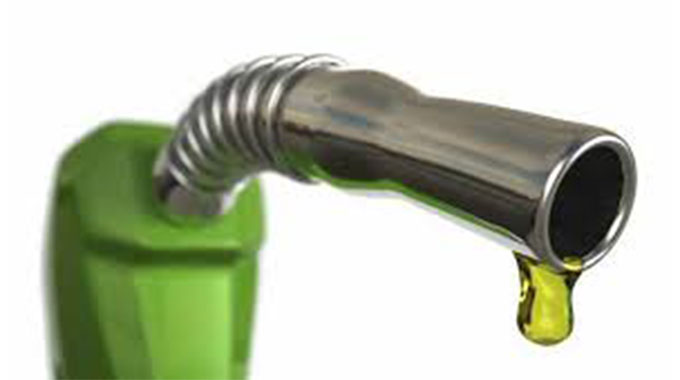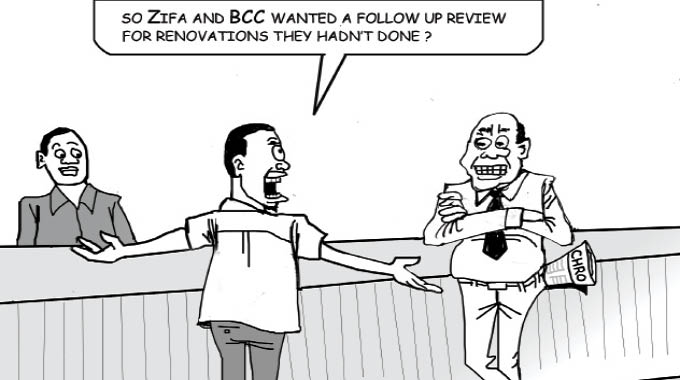UPDATED: Government tightens surveillance on forex fuel dealers

Oliver Kazunga, Senior Business Reporter
GOVERNMENT is tightening surveillance mechanisms to ensure fuel procured using free funds under the Direct Fuel Import (DFI) facility is not abused by dealers in the sector.
Of late, there have been growing concerns that fuel dealers and their service station employees were conniving not to release all the fuel they get to the motoring public in order to sell it either to friends or extort bribes from desperate motorists.
Some are reportedly selling the commodity on the black market at inflated prices through third parties. In a statement yesterday, the Reserve Bank of Zimbabwe (RBZ) said fuel procurement using free funds under DFI was in line with Statutory Instrument 212 of 2019 and will go a long way in augmenting the availability of fuel in the country.
“To ensure that the DFI facility is not abused, the Zimbabwe Energy Regulatory Authority (Zera) and the RBZ exchange control division are finalising the establishment of a robust system to monitor all fuel filling stations designated by Zera to sell fuel under the DFI facility,” said the Central Bank.
For this month, the monetary authority said it was allocating US$120 million for fuel finance facilities being administered by local banks. Of the above amount, US$18,47 million worth of Letters of Credit have been confirmed for immediate drawing of fuel by oil marketing companies from the NOIC depot in Msasa, Harare.
Oil marketing companies that have been confirmed for immediate drawing of the US$18,47 million are Trafigura (Trek and Genesis) to get a combined US$7,50 million, Total (US$2,50 million), Zuva (US$3 million), Puma (US$1,50 million), IMIG (US$1,52 million), Petrotrade (US$1,25 million) Engen (US$0,70 million) and Raven Energy (US$0,50) million.
For the benefit of the public, the Reserve Bank said it will be on weekly basis, publish the status of the fuel finance facilities available to the OMCs for the procurement of fuel for sale to the public in local currency. Last week, stakeholders said there was urgent need for fuel supplies to stabilise for the productive sectors to access it and increase production to ensure food security and conservation of foreign currency.
They said due to reduced production by the manufacturing sector, Zimbabwe has become a net importer of an assorted products.
According to the Confederation of Zimbabwe Industries, capacity utilisation in the manufacturing sector last year tumbled to 36, 4 percent from 48,2 percent in 2018 on the back of a myriad of challenges such as foreign currency shortages and intermittent power supplies.-@okazunga










Comments